Anne Frank, Then and Now (2014)
Scenes from a production of The Diary of Anne Frank are combined with footage of young Palestinians talking candidly about war, first love and topics that Frank wrote about as a teenager.
Scenes from a production of The Diary of Anne Frank are combined with footage of young Palestinians talking candidly about war, first love and topics that Frank wrote about as a teenager.
In Killing Gaza, independent journalists Max Blumenthal and Dan Cohen documented Israel’s 2014 war on Gaza. Yet this film is much more than a documentary about Palestinian resilience and suffering. It is a chilling visual document of war crimes committed by the Israeli military, featuring direct testimony and evidence from the survivors.
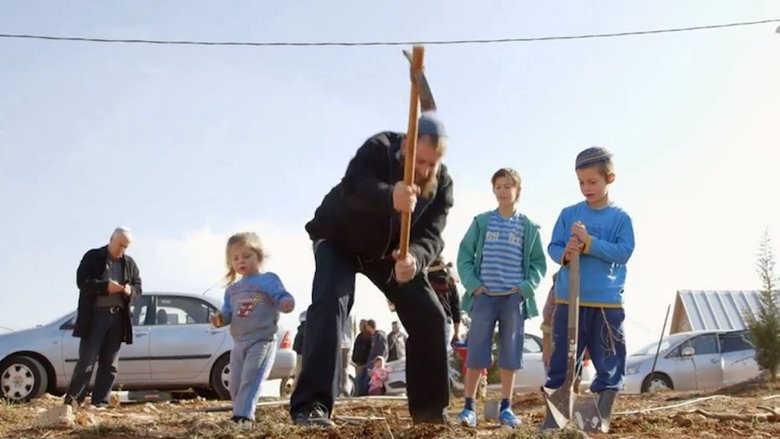
In the nearly 50 years since Israel's decisive victory in the 1967 Six-Day War, hundreds of thousands of Israeli citizens have established expanding communities in the occupied territories of the West Bank. Frequently coming into direct conflict with the region's Palestinian inhabitants, and facing the condemnation of the international community, the settlers have been viewed by some as the righteous vanguard of modern Zionism and by others as overzealous squatters who are the greatest impediment to the possibility of peace in the region.
Building on Forensic Architecture’s previous investigation into herbicidal warfare and its effects on Palestinian farmers along the eastern perimeter of the occupied Gaza Strip, this investigation marks Land Day in Palestine by examining the systematic targeting of orchards and greenhouses by Israeli forces since October 2023. Our analysis reveals that this destruction is a widespread and deliberate act of ecocide that has exacerbated the ongoing catastrophic famine in Gaza and is part of a wider pattern of deliberately depriving Palestinians of critical resources for survival.
The story that was silenced for 91 years was revealed for the first time: in August 1933 the leaders of the Zionist Organization signed "transfer agreements" with Nazi Germany. As part of the agreement, about 60 thousand Jews with a lot of property will arrive in the Land of Israel. Is it permissible to make a "contract with the devil" to save people?
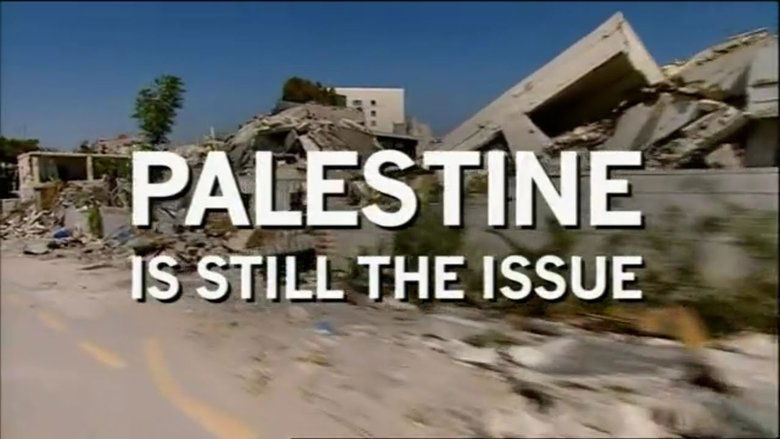
A documentary about the Israeli-Palestinian conflict that has lasted for more than 50 years. Contains some interviews with the children in this conflict.
Hasan Hourani, a Palestinian poet and illustrator, died aged 29 in Jaffa while trying to rescue his nephew from the sea. Shortly after, the filmmaker Mais Darwazah discovers his drawings and poems and feels drawn to Hourani's world— a universe outside space and time; a place of wonder, discovery, and freedom. Motivated by this kinship, Darwazah embarks on a journey to her homeland, Palestine: a place she has never known.
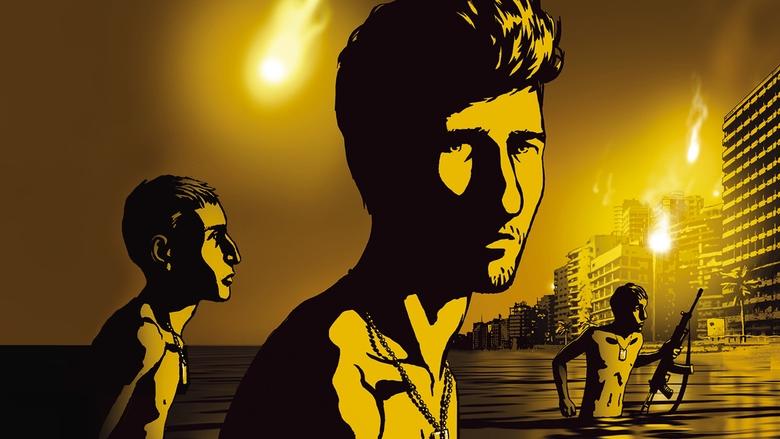
An Israeli film director interviews fellow veterans of the 1982 invasion of Lebanon to reconstruct his own memories of his term of service in that conflict.
Rule of Stone is a documentary film that exposes the power of architecture and the role it has played – aesthetically, ideologically and strategically – in the creation of modern Jerusalem after the 1967 war.

A documentary on the historic first-ever visit of a Palestinian National team to Europe, following the Palestinian women's team as they arrive in Ireland to a heroes' welcome and play a solidarity friendly against Bohemian FC on May 15th, 2024. The sold-out match marked the 76th anniversary of the Nakba and highlighted the ongoing genocide and human rights violations happening every day in occupied Palestine. It was one of the most emotional and important games ever held at Dalymount Park in its long and storied history since 1901, and the event raised over €100,000 for three Palestinian humanitarian organizations.
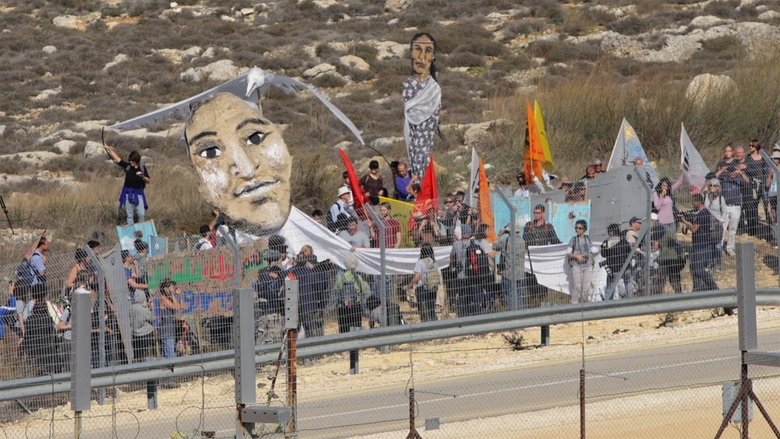
Disturbing the Peace follows a group of former enemy combatants - Israeli soldiers from the most elite units, and Palestinian fighters, many of whom served years in prison - who have come together to challenge the status quo and and say “enough". The film traces their transformational journeys from soldiers committed to armed battle to non-violent peace activists. It is a story of the human potential unleashed when we stop participating in a story that no longer serves us, and with the power of our convictions take action to create a new possibility.
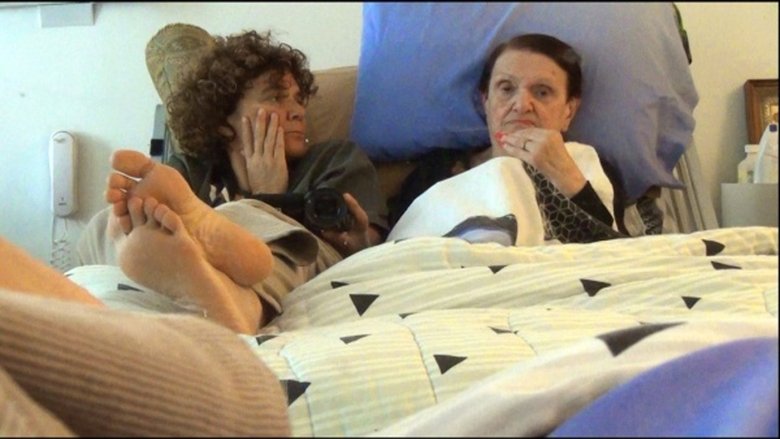
A poignant, sometimes sad, sometimes painful, sometimes humorous, often absurd story of a multiple journey: the journey of loss as the director’s mother Aida struggled with losing herself to Alzheimer’s disease, but finding solace in her repeated “returning” to the Yafa and Palestine of her youth; the journey of the loss of a parent; and the ultimate return journey back to Yafa where Aida would finally find rest and be herself once more.
Tawfiq’s Reef chronicles the plight of Palestinian fishermen in Gaza, heavily restricted in the area in which they can fish, often indebted, shot at, harassed or imprisoned by the Israeli Navy on the narrow sliver of fishing waters available to them off the Gaza coastline, making this one of the most dangerous professions in the world.
Flying Paper tells the uplifting story of resilient Palestinian youth in the Gaza Strip on a quest to shatter the Guinness World Record for the most kites ever flown.
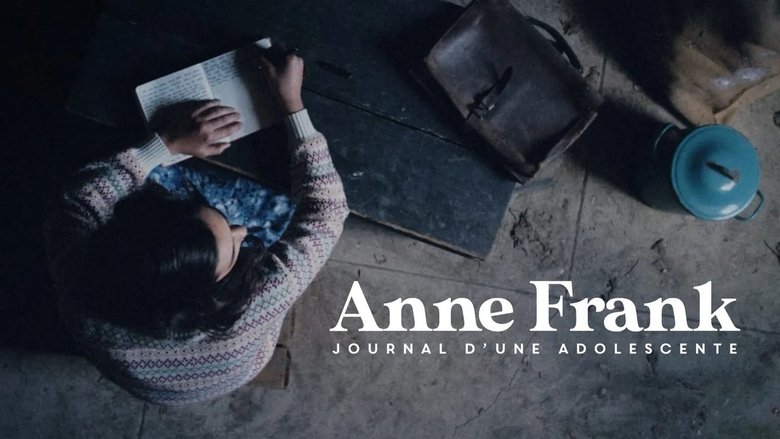
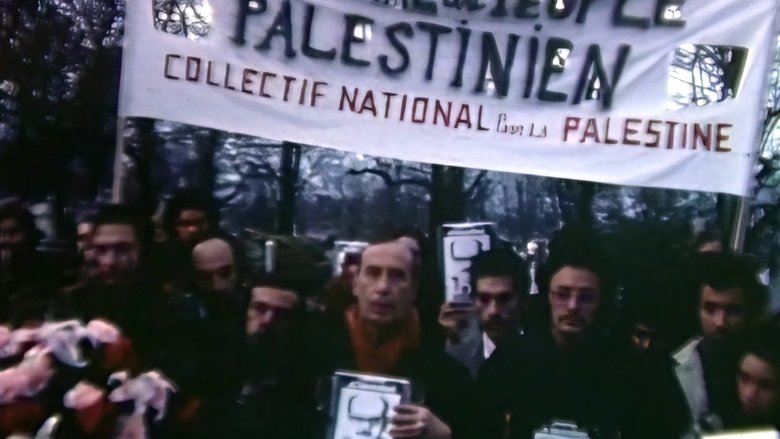
Filmed between 1973 and 1975, L’Olivier was produced by the Vincennes Cinema Group. This activist collective of teachers and filmmakers, formed on the occasion of this film, attempts to explain the Palestinian problem through interviews. The Olivier was one of the first films to attempt to give substance to what was still largely ignored in the West: the existence of the Palestinian people and their fight to recover their rights. L'Olivier responds to a concern: the already weak support of French public opinion for the Palestinian cause diminished following the Munich operation of 1972. Structured in such a way as to tell the Palestinian story and explain the state of the struggle at the time, the film appeals to global militant solidarity and, in particular, to European political commitments.
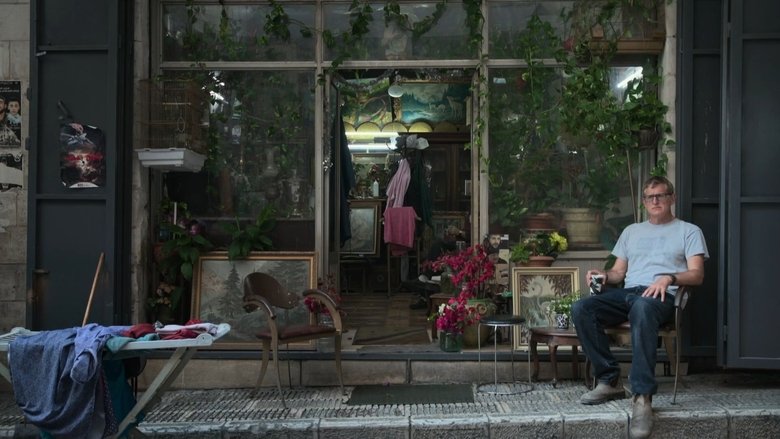
14 years after his first visit, Louis Theroux meets some of the growing community of religious-nationalist Israelis who have settled in the occupied West Bank.
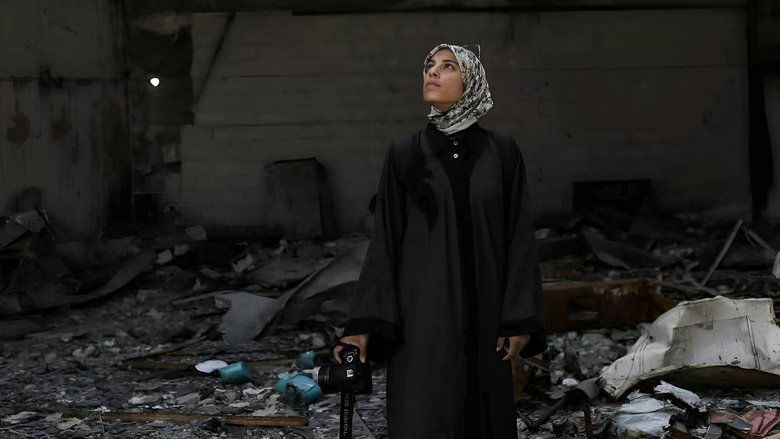
An Iranian filmmaker participates in a series of video calls with a young Palestinian photojournalist who describes her life confined in Gaza during the current regional conflict.
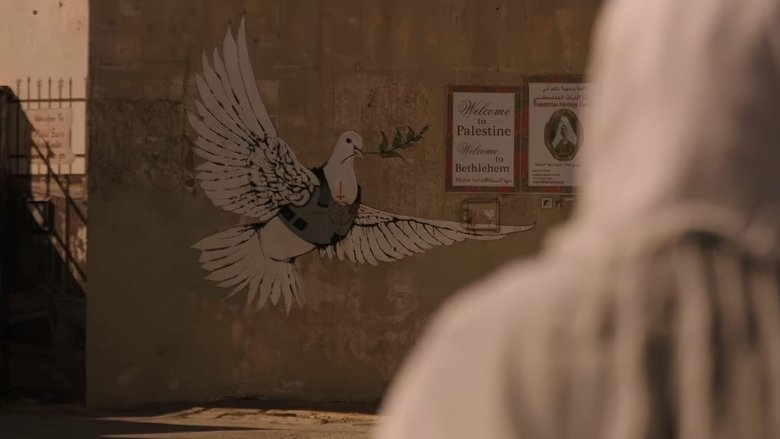
Where Olive Trees Weep offers a searing window into the struggles and resilience of the Palestinian people under Israeli occupation. It explores themes of loss, trauma, and the quest for justice.
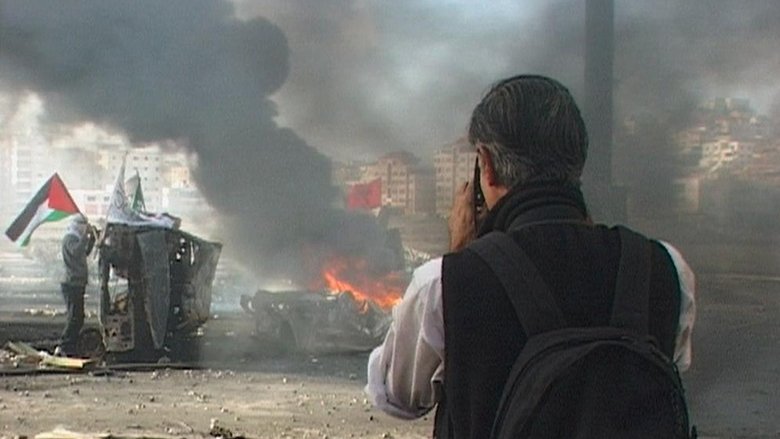
Documentary about war photographer James Nachtwey, considered by many the greatest war photographer ever.
Najwa, Nawal, and Siham, three Palestinian widows, live with their 11 children in a house on Shuhada Street in Hebron. Their house lies on the border; the façade is under Israeli occupation, the Palestinian Authority controls the back. At the entrance to the house is a military post; on the roof the Israeli army has placed a watch point over Palestinian Hebron. The three women, trapped in the middle and constantly surrounded by Israeli soldiers, carry on their difficult lives in a perverse situation: the occupation becomes a routine, the absurd becomes a given. This is the story of an occupation that extends to the staircase and the roof of the house, where it encounters poverty, loneliness, pain, but also the small joys of everyday life. This is an internal prison, the external one is the ongoing occupation.